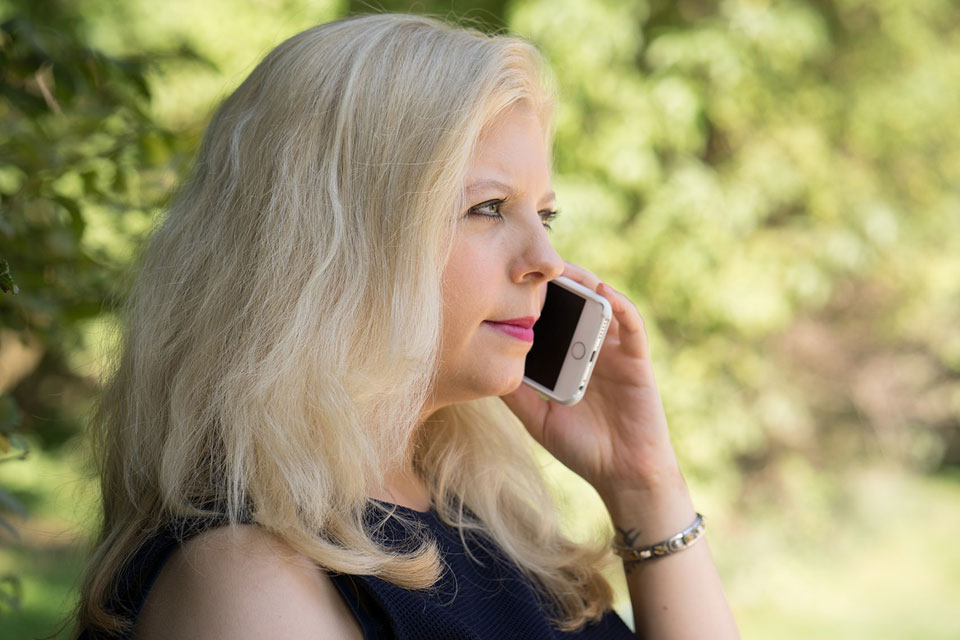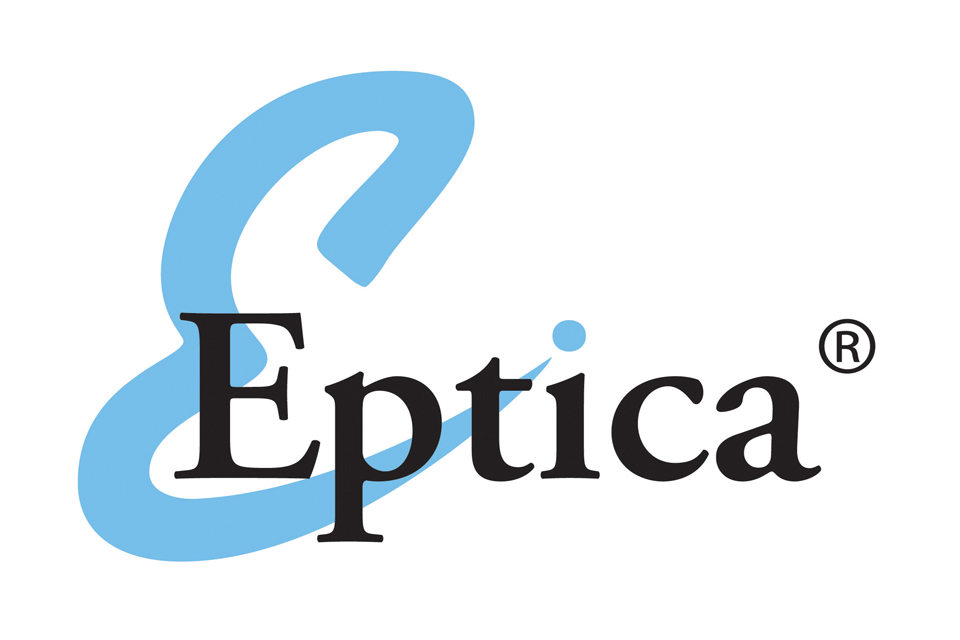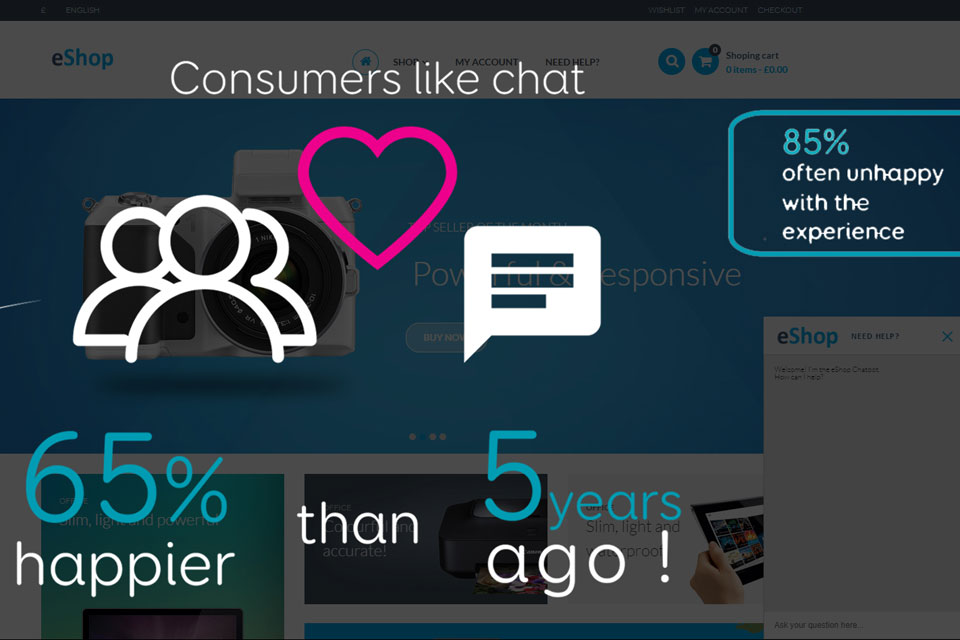Retail failing at social media for customer service
https://contactcentresummit.co.uk/wp-content/uploads/2019/05/Retail-Failing-at-Social-Media.jpg 960 640 Stuart O'Brien Stuart O'Brien https://secure.gravatar.com/avatar/9defd7b64b55280442ad2d7fb546a9db?s=96&d=mm&r=gRetailers are neglecting social media when it comes to customer service, and are not listening to consumers to drive customer experience improvements.
That’s according to the 2019 Eptica Digital Trust Study, which found that while retailers successfully answered 59% of routine queries asked via web self service, chat, email, Facebook and Twitter, there were wide variations in performance between channels.
Retailers provided answers to 83% of queries on their websites but only responded correctly to 38% of tweets and 50% of Facebook messages.
Performance had worsened on many channels since 2017 – then retailers answered 73% of emails. By 2019 this had dropped to 68%, despite the continued popularity of the channel with consumers, who use it for over a quarter of their interactions with brands.
As part of the 2019 Eptica Digital Trust Study, 20 fashion and food & drink retailers were evaluated on their digital customer experience, alongside brands from other sectors, by testing their accuracy and speed at answering relevant, routine queries, repeating research conducted since 2012.
Questions included asking about ethical sourcing policies (fashion) and allergy labelling (food and drink). Additionally, 1,000 consumers were asked for their views on customer experience.
Fashion (answering 60% of all queries) and food and drink (59%) were the top sectors surveyed, but still failed to respond to 4 in 10 of all routine queries.
The research also demonstrated a direct link between trust, listening and loyalty. 89% of consumers surveyed said they either will stop buying from brands that they don’t trust or will spend less. Building trust begins with delivering on basic promises – 59% ranked giving satisfactory, consistent answers as a top three factor in creating trustworthiness, while 63% rated making processes easy and seamless as key. Just 8% of consumers felt that brands were listening to them all of the time, with 74% believing brands pay attention to their views half the time or less.
“The move to digital has transformed the retail landscape,” said Olivier Njamfa, CEO and Co-Founder, Eptica. “Greater choice means consumers are becoming more demanding and are actively seeking out brands that they can trust and who listen to them. While retail brands have made some improvements since 2017, they have slipped back in others, damaging trust and ultimately customer loyalty and revenues. If they want to succeed they need to listen to customers and use their insight. Only those who do this will thrive and stay ahead of the competition.”
| Retail | Accuracy 2019 versus 2017 | Average speed 2019 versus 2017 |
| Web | 83% vs 70% | n/a |
| 68% vs 73% | 10hr 19m vs 24hr 12m | |
| 50% vs 28% | 43m 24s vs 3hr 34m | |
| 38% vs 50% | 1hr 56m vs 1hr 43m | |
| Chat | 35% vs 25% | 8m 43s 4m 24s |
| Total | 59% vs 55% |
Speed of response also varied widely between channels – and even within sectors and brands. One fashion retailer answered a tweet in 17 minutes, yet another took 50 hours to reply. A food and drink retailer responded on Facebook within one minute, but needed nearly 23 hours to provide an answer on email.
Overall response times on chat doubled from 4 minutes back in 2017 to 8 minutes this year. Facebook had the fastest average speed of response, at 43 minutes, 24 seconds – over twice as fast as Twitter (1 hour 56 minutes) and nearly 15 times faster than email (10 hours 19 minutes). This is despite exactly the same questions being asked across these channels.
The study evaluated 50 UK brands, split equally between the fashion, food and drink, travel, insurance and banking sectors. Brands were rated on their ability to answer five routine questions via their websites, as well as their speed, accuracy and consistency when responding to email, Twitter, Facebook and chat.
Additionally, 1,000 UK consumers were surveyed on their attitude to trust, its relationship with customer experience and on loyalty and brand reputation. All research was completed in H1 2019.
A full report, including the study results, graphics and best practice recommendations for brands to transform customer experience is available at https://www.eptica.com/19cxretail.




